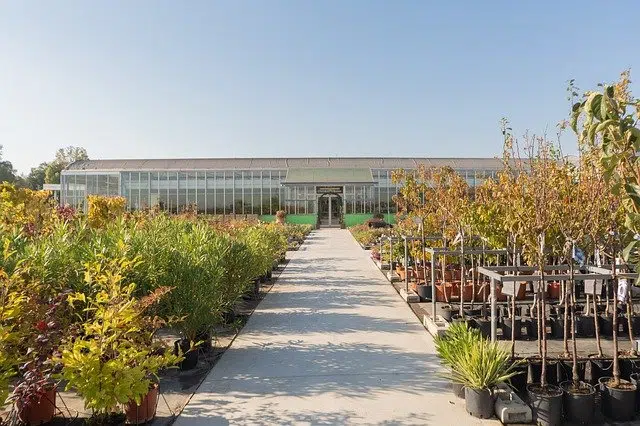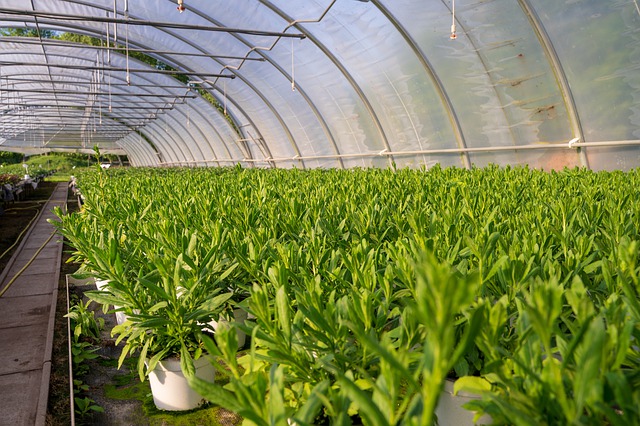
A nursery is a facility intended for the cultivation, germination and maturation of plants.
From the Latin vivarium , a nursery is an agronomic facility where all types of plants are grown, germinated and mature. Nurseries have different types of infrastructure depending on their size and characteristics.
A greenhouse (closed space where plants are grown at a higher temperature than outside), a reservoir (the accumulation of water for a specific purpose), a shade house (a place intended for planting and protected from the sun , rain and air), an outdoor growing field and a laboratory are some of the sections that a nursery can have.
Among the factors that determine the characteristics of a nursery and its plants are the frequency of irrigation, light (essential for photosynthesis), the substrate used (mixtures of soil, fertilizer and other components), temperature and humidity. environmental.
Elements of a nursery
The basic components of a nursery are:
* seedbeds : this is a place that is intended for the first stage of plant growth , until the time comes to transplant them to their final location. Its dimensions are usually around 10% of the total size of the nursery. It consists of a layer of sand on which the seeds are sown, arranged by species and arranged in lines divided by boards or ropes. A fabric or plastic base must be prepared, with small perforations, to prevent the sand from spilling. When the seeds germinate and reach an average height of 4 cm, it is time to transplant them to the growing plots. It is important to label the seedlings with their name;
* earth banks : it is of great importance to have a sufficient amount of good quality earth to load the bags. The ideal soil should not be very clayey and should have a portion of sand, which makes it easier for the seedlings to breathe. To obtain better results, it is recommended that 30% of the mixture be fertilizer, which can be made at home using the parts of vegetables and fruits that are not consumed. When collecting the soil, it should be carefully checked to remove elements such as pieces of glass or plastic; More importantly, we must ensure that we do not destroy an anthill .
To contain the plants, polypropylene bags should be used, which are sold in different sizes, each suitable for a particular type of seedling. Depending on the needs , a bag that is too large can cause waste of raw material, while one that is too small can interfere with the correct development of the seed. If you want to take advantage of supermarket bags, you should not overlook perforating them to allow water to pass through;
* growing lots : they must be conditioned according to the number of seedlings and the amount of raw material available, among other factors. Depending on the species , the time that each specimen spends in the lots ranges from a few days to several months. In any case, it is recommended that the transplant be carried out as soon as possible, to collaborate with the recovery of the seedling and guarantee its adaptation to the new environment;
* cellar : serves to maintain stable conditions of the fertilizers and other components of the nursery, such as disused tools, protecting them from the sun's rays with its roof.

Many nurseries have a greenhouse.
Other meanings of the concept
Vivero , on the other hand, is a city located in the Spanish province of Lugo , in the Autonomous Community of Galicia . The city is crossed by the Landro River , which flows into the Cantabrian Sea .
More than 16,000 inhabitants live in the municipality, the third most populated in Lugo . Most of the population is distributed in the cities of Vivero , Covas and Cillero . Vivero also usually receives a large number of tourists thanks to its cultural heritage.
